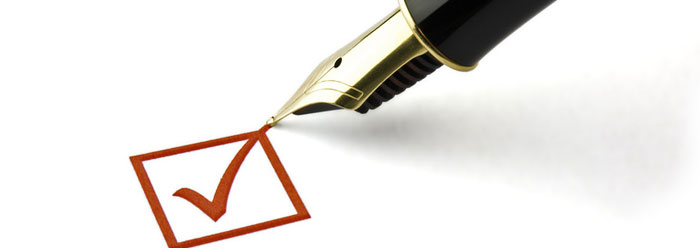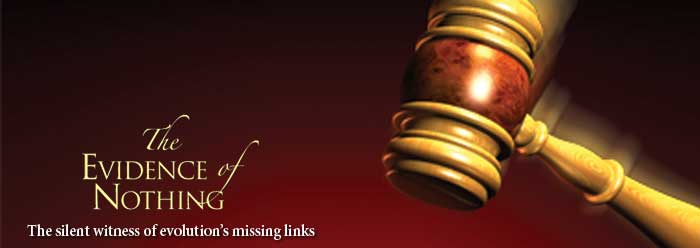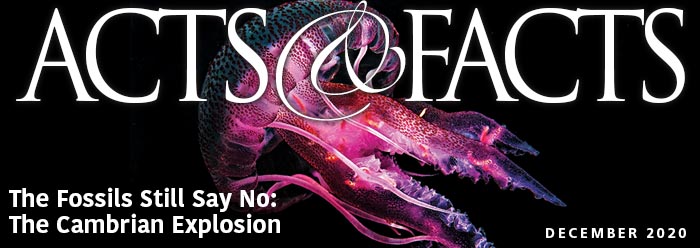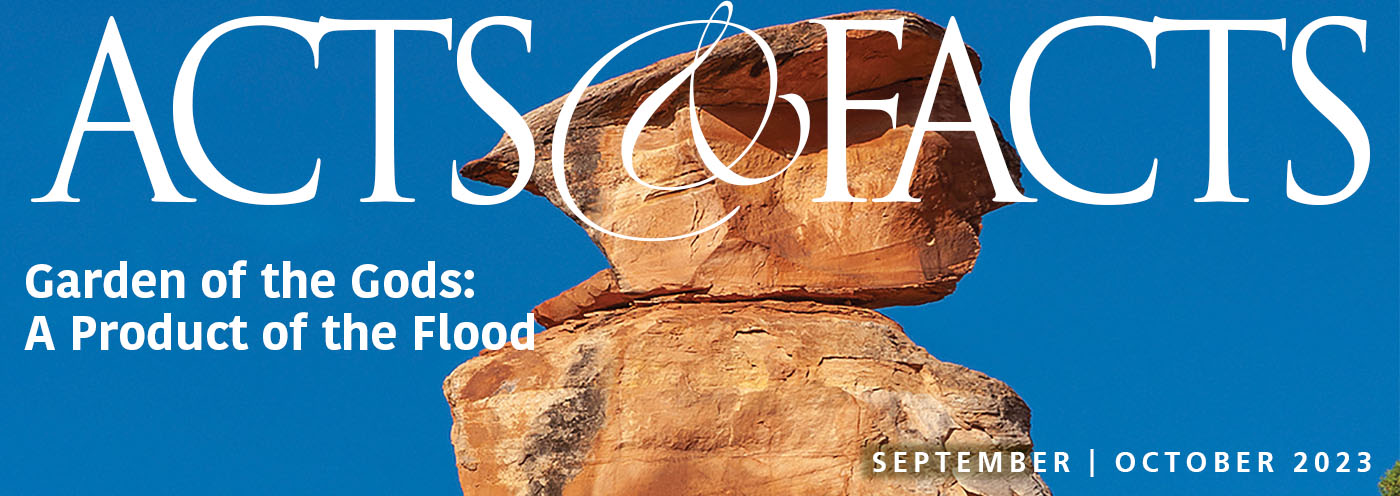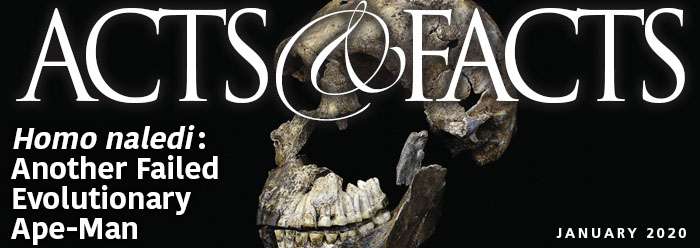
Reliable Evidence Is Required
Just laws rely on truth and right. But to recognize truth and right, we need reliable evidence to show what is true and right. (Sometimes this can be meaningfully corroborated by disproving something as false or wrong.)
The idea of an orderly process for scrutinizing and testing something offered as “evidence,” when properly submitted for examination (and cross-examination), underlies the logic of the Rules of Evidence that we use in our court systems.
Over the past centuries, the search for truth in science has been formalized into the process known as the scientific method, whereby theories are developed and tested according to a generally-accepted standard. In a similar fashion, the legal profession operates by what is known as the Rules of Evidence.
The focus of the Federal Rules of Evidence is evidentiary reliability. Why? Because just laws need reliable evidence, whether that evidence is forensic evidence, empirical evidence, or a combination of both. The fundamental issue is, or at least should be, recognizing truth.




